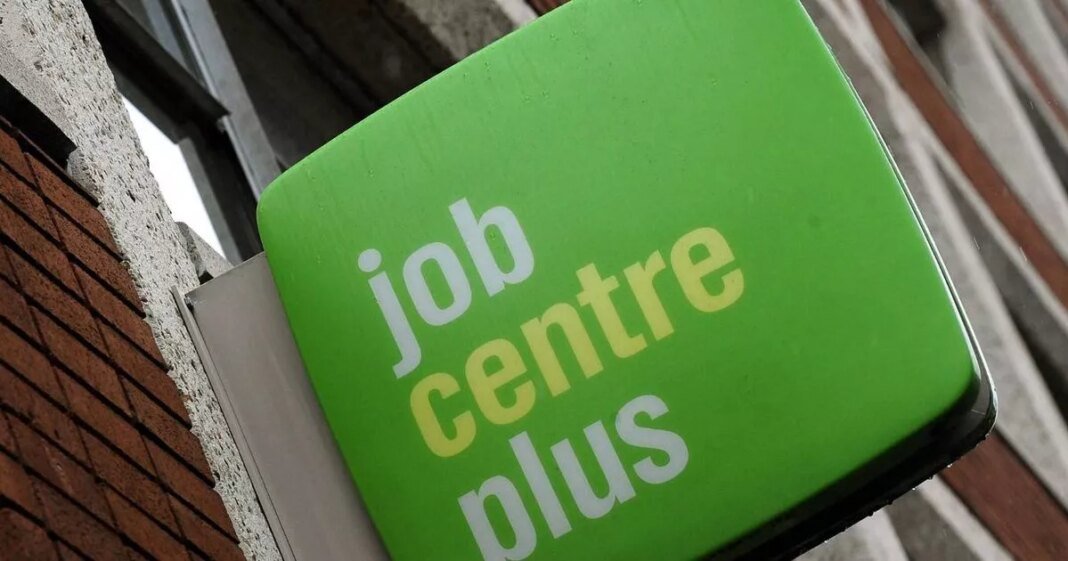The most recent update on inflation was released today, impacting numerous households that receive benefits and state pensions. September’s inflation rate, which remains at 3.8%, is crucial for determining benefit increases starting from April next year. Although this figure affects many recipients, especially those on Universal Credit and state pensions, they are likely to see larger raises than the general rate of inflation.
The government annually reviews benefit levels to ensure they keep pace with rising prices, typically using the inflation rate from the previous year ending in September. This mechanism led to a 1.7% increase in benefits this past April. However, the inflation rate has since risen to 3.5%, indicating that benefits might see a substantial rise next April.
The Department for Work and Pensions (DWP) is yet to confirm specific details, and the extent of the increase will vary depending on the type of benefits received. In previous years, the September inflation rate has been instrumental in setting the uprating for most benefits, suggesting a potential 3.8% increase next April for many benefits.
The DWP is mandated to adjust nine benefits annually in line with inflation in April, while other benefits require approval from Parliament. Universal Credit adjustments include raising the standard allowance by the September inflation rate plus an additional 2.3%, resulting in weekly increases from £92 to £98 for singles and from £145 to £154 for couples.
Conversely, new claimants with long-term health conditions or disabilities may see a reduction in the “limited capability for work-related activity” element from April. State pensions increase annually in line with the ‘triple lock pledge,’ guaranteeing the highest of the consumer prices measure of inflation, average earnings growth, or 2.5%. Given current figures, the state pension is projected to rise by £11 to £241 per week in April 2026.
Experts highlight that while the Universal Credit raise is a positive step, it may not be sufficient due to other cost increases like rent, childcare, and energy. The Resolution Foundation notes a 10% decline in the real value of the standard allowance since 2012/13 due to inflation spikes.
Forecasts by the Office for Budget Responsibility suggest an increase in the total welfare bill by £16 billion next year, with significant portions allocated to state pensions and other benefits. Higher-than-expected inflation could potentially elevate the pensions and benefits bill by an additional £18 billion, according to the Institute for Fiscal Studies’ analysis.

